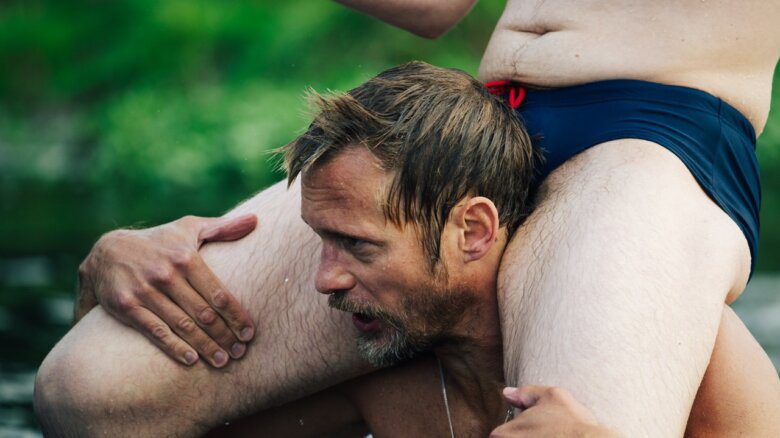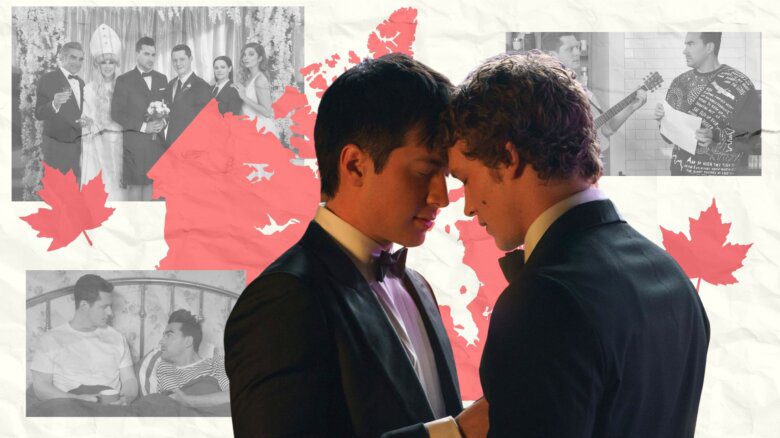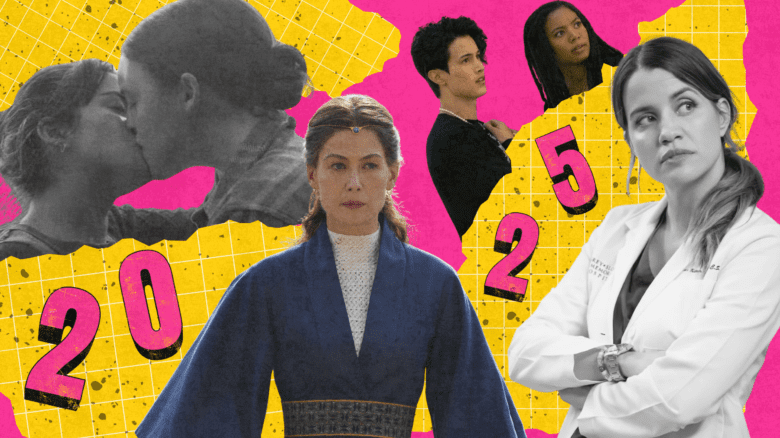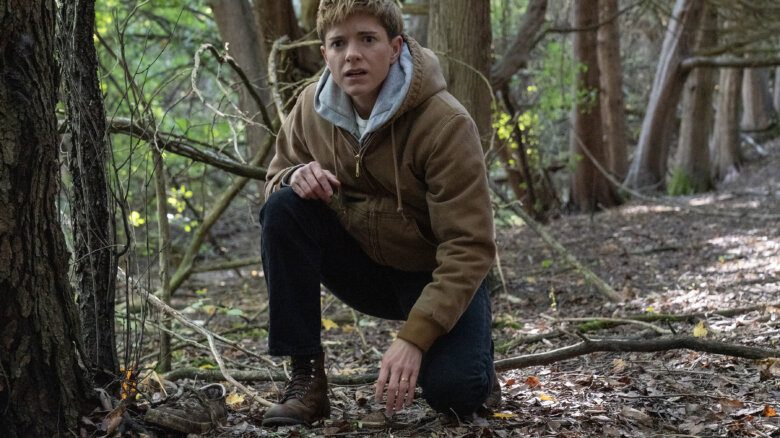When Noah’s Arc debuted on the queer cable channel Logo back in 2005, the series made history. Dubbed a “Black gay Sex and the City,”it immediately became a noted moment of representation for a community often reduced to stereotypes, authentically depicting the lives of aspirational Black and brown gay men.
“At the time, if you had gays on TV, the trend was typically to have the types of characters that if [they] didn’t tell you they were gay, you wouldn’t know it,” creator Patrik-Ian Polk told me recently on an episode of my podcast Black Queer Canon. “Hypermasculine was the ideal in everybody’s eye, so I was specifically pushing back against that and I wanted to celebrate the queens, the femme guys who kind of just live out loud and don’t care.”
Twenty years later, that celebration continues with Noah’s Arc: The Movie, a sequel film premiering Friday on Paramount+ that satisfyingly adds to the original show. Just like the series, it’s a cultural offering that represents possibilities of Black LGBTQ2S+ life beyond the coming-of-age and trauma-laden genres to which our narratives have often been limited. At the same time, the movie is a reflection of just how in need we are of more than what Hollywood has been able to offer.
The Noah’s Arc series starred Darryl Stephens as Noah, a screenwriter living in Los Angeles alongside his three friends: Rodney Chester’s Alex, an HIV/AIDS educator; Christian Vincent’s Ricky, a hot-to-trot boutique owner; and Doug Spearman’s Chance, an economics professor.
I was one of those Black queer kids who dared to dream when watching movies and TV shows, very much believing that I, too, could live like the characters I admired. Seeing Noah and friends experience more than the heartache and pain other Black gay characters onscreen had been subjected to sowed a seed within me. The fact that they were the centre of the narrative and not the sassy best friends to a straight white protagonist was transformative. As I wrote in my book We See Each Other: A Black, Trans Journey Through TV and Film, at 14, “I wanted to be a lawyer because Elle Woods was a lawyer. And I wanted to be happy because I saw it on Noah’s Arc.”
Though the show was Logo’s highest-rated program, it was cancelled after two seasons—a still-confounding network decision that also led to its cult classic status. Black and queer folk have continued to pine for shows and movies that depict the beauty of our lived experiences, and Noah’s Arc offers just what we’re looking for. The program’s storylines were somewhat wrapped up in the film Noah’s Arc: Jumping the Broom, which was released theatrically in 2008. Then, in 2020 when the COVID-19 pandemic shuttered industries and virtual table reads made room for cast reunions, Polk wrote and directed The ’Rona Chronicles, an hour-long special episode teasing character life updates. It premiered on YouTube with half a million views its first night.
Two years later in October 2022, I was the only journalist invited to visit the set of Noah’s Arc: The Movie. At the time, the fact that the film was in production wasn’t public information. Listening back to my recordings, I certainly was a bit too giddy knowing that Polk and the entire cast had returned to the lives of these characters who mean so much to many of us. And the pitch of what the film would be about was intriguing, if not also important, for visibility’s sake.
“We’re talking about gay men entering into middle age and what are those lives like now,” Polk said to me on set. “Noah, in its original form, was very much a show about the possibilities of life and figuring out what do I want and what is adulthood and what is dating and relationships. Now, it’s about once you hit that midpoint, what is the next chapter?”
In this latest installment of the franchise, Noah and his partner Wade are having twins via surrogacy while balancing their successful careers. Alex and his partner Trey are raising a teenager of their own, while Ricky and Chance navigate grief and loss. Just like its predecessors, Noah’s Arc: The Movie is unlike most of what Hollywood has offered to Black LGBTQ2S+ folks. “It’s just all very, very true to the life that gay men of a certain age are living, and I think it’s good that we can explore this stuff because we don’t really get to see it that often, if ever,” Polk said.
Though Polk told me he doesn’t think so much about the potential significance or impact of his work, there is a reason he’s known as the godfather of Black gay cinema. With his 2000 romantic comedy Punks, his 2014 drama Blackbird and his work on shows like The Chi and P-Valley, his record of telling the stories of Black folks “in the life” is unmatched by almost any other filmmaker. That said, what could be considered groundbreaking about Noah’s Arc: The Movie wasn’t enough to completely pull the wool over my eyes.
Three years after being written and filmed, the movie premieres at a moment when LGBTQ2S+ representation on screen is regressing. According to GLAAD’s 2025 Studio Responsibility Index, Black LGBTQ2S+ folks are disappearing from the screen. In 2024, only 19 of the total 181 characters analyzed in the study, or 17 percent, were Black. That’s down from 29 of 170 characters, or 33 percent, the year prior. Such a reality makes me, perhaps unfairly, want more from the still-too-few Black queer and trans narratives that make it to the big screen.
Like in Noah’s Arc, perhaps in an attempt to reflect the times, there are some clumsy comments in the new movie that feel out of step with where audiences are now. There’s a younger character who, while hooking up with Chance, says, “Compliments to the chef. I love tossing salad.” The statement felt corny and not true to life. Or the storyline between Alex and his daughter, who feels Alex’s “drag queen lifestyle is detrimental to her psychological and emotional progress as a young trans woman.” Then there is the questionable and outright unnecessary inclusion of rapper Khia’s music as the soundtrack to one of the film’s dance numbers. In light of her years-long, very public and homophobia and transphobia-laden feud with media personality Ts Madison (who is also featured in the film), I question the message being sent to our community.
At points I asked myself, “What exactly are we doing here?,” feeling a generational distance from the fullness of the movie. Then I remembered the works of other Black queer and trans creators who’ve followed Polk’s example—from Lena Waithe and Justin Simien to D. Smith and Elegance Bratton—and the purpose of Noah’s Arc: The Movie became clearer. As Polk told me on set, “These characters existing and continuing to exist as they age is something that when all is said and done—and hopefully there’s even more than this movie—it’ll be a nice little package that people have to see from beginning to end.”
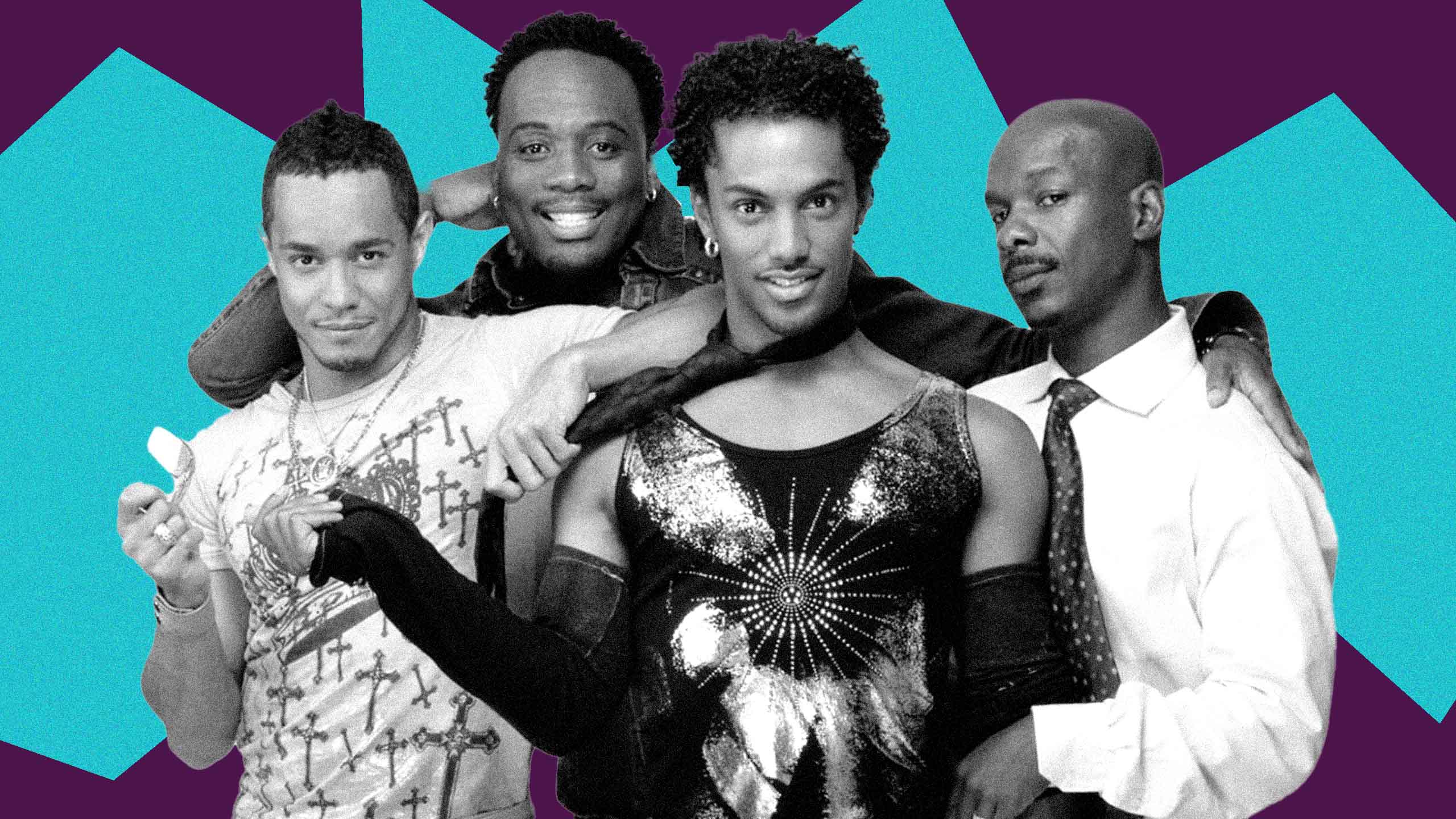

 Why you can trust Xtra
Why you can trust Xtra